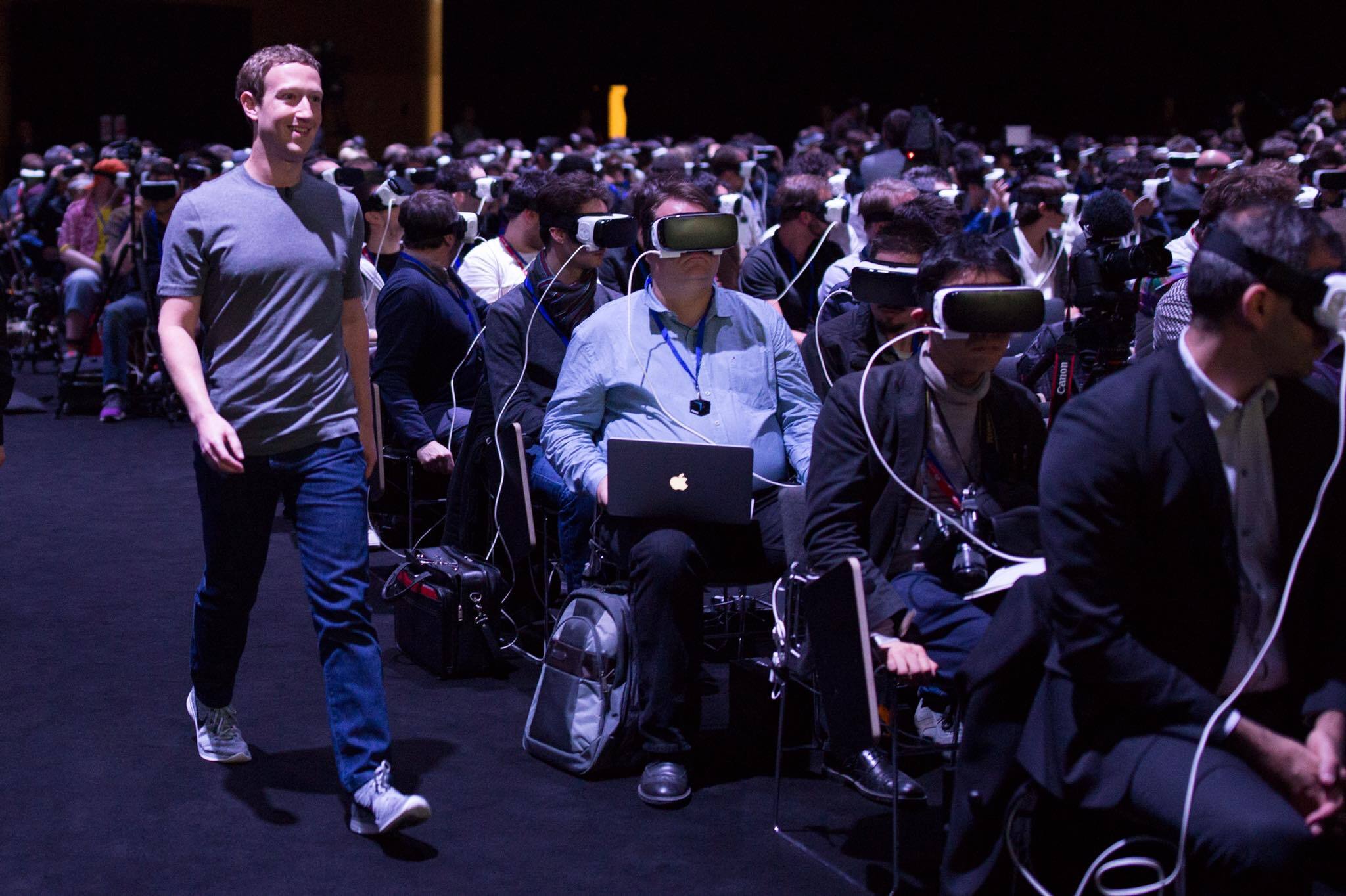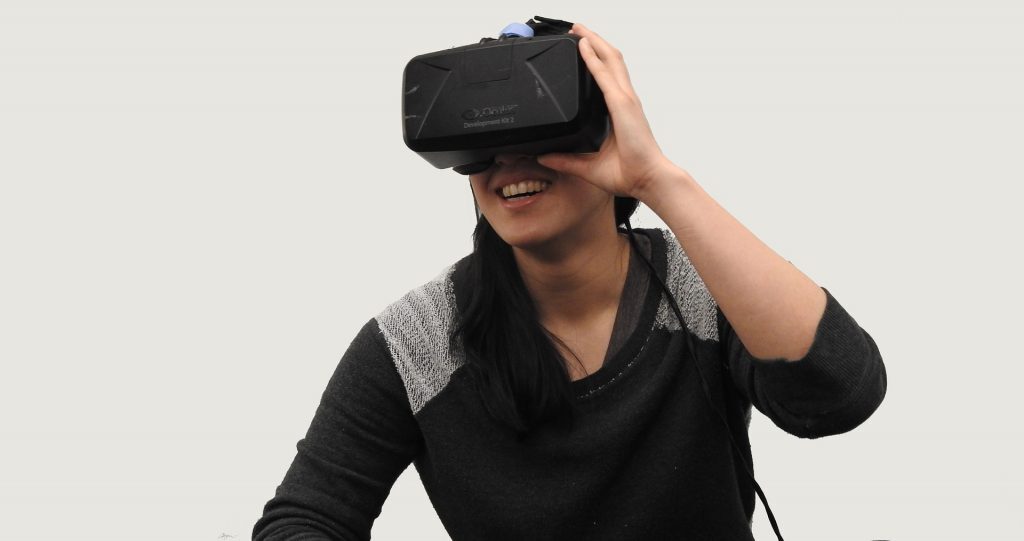When Facebook buys a company, it’s going to use that company to a) serve you ads, b) harvest your information more efficiently so it can sell your data to advertisers, c) develop a new sort of tech that allows for more effective ad targeting or d) all of the above. Case in point: Facebook-owned Oculus has rolled out some new features for Facebook on the VR platform. The catch? By using them, you’re agreeing that your (first-party, Facebook says) VR usage will be subject to Facebook scrutiny.
Hardly unexpected
 Which isn’t exactly out of character for the social network, even if it’s a little dismaying. Just once, we’d like to see a product from Facebook and friends that isn’t designed to add to their collection of digital recreations of the world’s population living in the company’s data centres. Mark’s not taking suggestions from anyone, though, so good luck with that.
Which isn’t exactly out of character for the social network, even if it’s a little dismaying. Just once, we’d like to see a product from Facebook and friends that isn’t designed to add to their collection of digital recreations of the world’s population living in the company’s data centres. Mark’s not taking suggestions from anyone, though, so good luck with that.
The important bits here though: Oculus is adding a new set of features to Facebook in VR, including the ability to chat in VR, access user-created events, create open parties (they used to be invite-only), as well as adding the option to share video, images and streams direct to Facebook through the Oculus Facebook app. But there’s a catch.
In order to access those features, you have to agree to its updated privacy policy, which now reads: “If you choose to log into Facebook on Oculus, Facebook will use your Oculus account information and information about your use of Oculus products to provide, personalize and improve Facebook Company Products, including to personalize the ads you see on and off Facebook Company Products.”
Ulterior interior
 Facebook says that these changes will “…make it easier for people to connect and build communities in VR” and we kinda see their point. The new social features will require that users be logged into Facebook while using Oculus hardware. But the company is also bringing features that previously didn’t require Facebook access (“joining parties, adding friends, and visiting other people’s Homes”) under that required-login umbrella soon — which means that using an Oculus headset’s previously-default features will soon be subject to Facebook scrutiny.
Facebook says that these changes will “…make it easier for people to connect and build communities in VR” and we kinda see their point. The new social features will require that users be logged into Facebook while using Oculus hardware. But the company is also bringing features that previously didn’t require Facebook access (“joining parties, adding friends, and visiting other people’s Homes”) under that required-login umbrella soon — which means that using an Oculus headset’s previously-default features will soon be subject to Facebook scrutiny.
Facebook’s attempting to play this one off as being for user’s safety but the fact remains that that ‘safety’ also results in users having to agree to allow Facebook to use their VR usage habits to feed the advertising machine. Facebook already has a terrible reputation when it comes to securing user data and now it wants to expand its reach into the VR data its users generate? And you’d better believe that eye-tracking and motion telemetry will somehow inform the next batch of ads dumped in front of you.
Facebook already tracks its users via a range of channels, ones the company is attempting to unify into a single mega-service. It’s charging users for devices like the Portal, then using the data collected from the Portal to inform ads served to the person who paid for the hardware. It seems the same outcome is planned for the Oculus ecosystem. Which is a pity — we rather liked the Oculus Quest. But if Facebook’s going to use it to collect user info, it better be willing to offer a much lower price than about R12k for the ‘privilege’ of using one.




